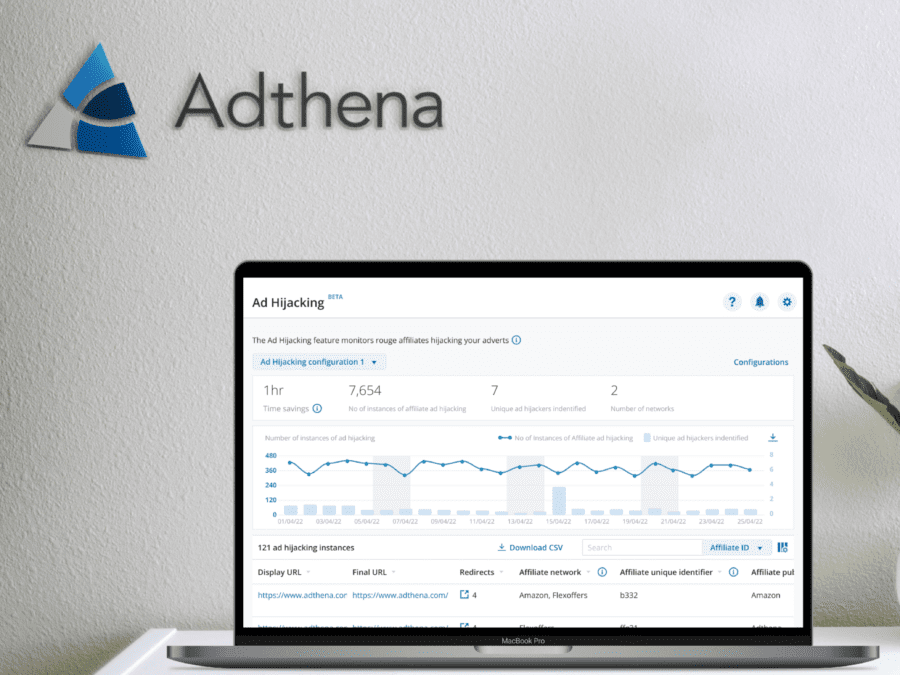This new update is the latest in a long line of changes within the console that Google says will improve the system for advertisers. As the industry continues to lean on automation more and more, it makes sense for Google to drive more users towards automated and dynamic bidding strategies.
However, despite the good intentions, the impact of these changes is significant for advertisers and digital agencies. According to one leading agency, in a single day their clients lost search terms for 28% of their paid budgets and have lost search term visibility of 20.4% of PPC clicks. In other words, one third of their client’s paid budgets have been impacted overnight, and a fifth of their search term visibility has been hidden.
Read more below about the changes, what you can do about it, and how Adthena can help:
Why the changes?
On September 04 2020, Google Ads released the news via the notifications box that thresholds within Search Term Reports were changing. Google’s aim is to protect its many millions of users from PII and to ensure that identities remain distinct from searches.
As a Google spokesperson explains:
“In order to maintain our standards of privacy and strengthen our protections around user data, we have made changes to our Search Terms Report to only include terms that a significant number of users searched for. We’re continuing to invest in new and efficient ways to share insights that enable advertisers to make critical business decisions”
What’s different?
If a search term is deemed to have a low enough volume, irrespective of clicks and conversions, it will be hidden from the Search Terms Report. This means that if a search term which triggered one of your paid ads, and which may have been clicked on by a valid lead and then led to a conversion, may now not be shown in reports.
What do the changes mean for advertisers:
- Low-volume, high-cost, irrelevant search terms will be hidden from view. Meaning you could be wasting budget without the means to add them to your negative keyword list.
- Conversely, those low-volume, long-tailed, relevant search terms which we all love could also find themselves cropped out of the Search Term Report
- SEO could be impacted as many companies use long-tailed search terms to optimize their websites and improve quality scores
- Search strategies will be impacted, with less known in search term reports and the PPC Manager’s tools blunted, many will move towards automated bidding strategies.
- Overall business strategies will be impeded, as search terms used for trend analysis will be missing, in many cases.
What does Google identify as PII?
In their support pages, Google identifies PII as:
- Email addresses
- Mailing addresses
- Phone numbers
- Precise locations (such as GPS coordinates – but see the note below)
- Full names or usernames
Google interprets PII to exclude, for example:
- Pseudonymous cookie IDs
- Pseudonymous advertising IDs
- IP addresses
- Other pseudonymous end user identifiers
What now? Adthena has the answers
So, is there anything you can do about it? The answer is yes, we’ve got you covered.
The Adthena search intelligence platform is not reliant on Google’s Search Term Report. Instead, we use our own bespoke machine-learning model to generate these terms for you on a daily basis.
Our Whole Market View technology shows you the most profitable search terms in your market, as well as the less profitable or irrelevant search terms, which can be added to your negative keywords list. Powerful stuff right? And, by the way, you can’t get this intel anywhere else.
If you’re looking to gain greater sight over your search term landscape, maintain profitability and maximize ROAS, give us a shout to request a demo of our platform. One of our paid search industry experts will be glad to help.




